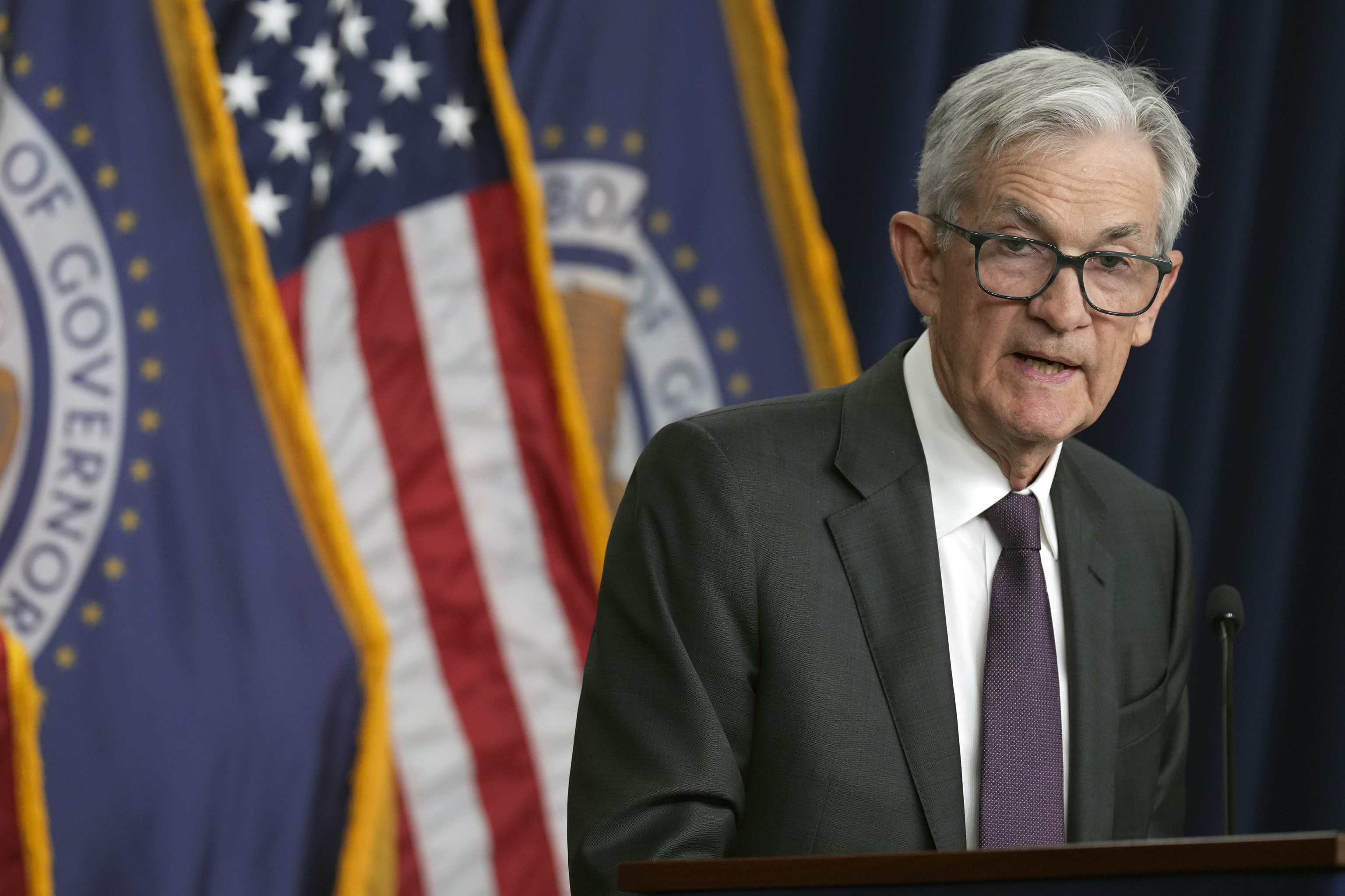Just six days after Donald Trump demanded in Davos that central banks around the world lower interest rates, the Federal Reserve decided to keep them unchanged. The decision of the U.S. central bank did not come as a surprise, given that U.S. inflation seems stagnant above the central bank's target, the economy continues to grow at a good pace, there is low unemployment, and there is growing uncertainty about the impact of the tariffs that Trump continues to threaten the rest of the world with.
Almost all Fed observers anticipate a minimal rate cut in 2025, despite Trump's pressures. The futures market is predicting a decrease in the official interest rate, currently at 4.48%, by just a quarter point by December, although these forecasts change as events unfold. This only implies a rate cut. Just a month ago, the forecasts pointed to a double cut.
Much of this reasoning is based on the uncertainty surrounding Trump's tariff policy, which remains a mystery but is expected to be highly protectionist. There is a conflict within his administration between those closer to Wall Street - led by Treasury Secretary Scott Bessent - who want to water down tariff barriers as much as possible, and those who want to impose tariffs on everyone, starting with the U.S.'s main trading partners, Canada and Mexico, with whom the U.S. also has a free trade agreement that theoretically prohibits such actions.
Despite Trump's attacks on the central bank, during the election campaign, he stated that if he became president, he would dismiss Federal Reserve Chairman Jay Powell. This is noteworthy as Trump appointed Powell to the position in 2018, replacing Janet Yellen - who later became Treasury Secretary under Joe Biden - simply because "I want to leave my mark" on the institution.
At his first press conference after the elections, Powell, however, responded bluntly with a "no" when asked if the president could dismiss him. In fact, Powell replied with a "no" when the press posed that question, making this 71-year-old lawyer with a background in private equity the only person since the November 5 elections to stand up to Trump and politically survive his threats. In December, Trump backtracked and stated he had no intention of replacing the Fed's chairman.
Meanwhile, the inflation decline remains stagnant. This is also why Trump called on oil-producing countries in Davos to increase crude oil exports to allow for a decrease in fuel prices. The U.S. president relies on his excellent personal relationship with Saudi Arabia's strongman, Crown Prince Mohammed Bin Salman, who leads the OPEC oil exporting cartel. However, this year Saudi Arabia needs an $85 per barrel oil price to balance its public finances, 15% higher than the price of the main global benchmark crude, Brent, on Wednesday.
